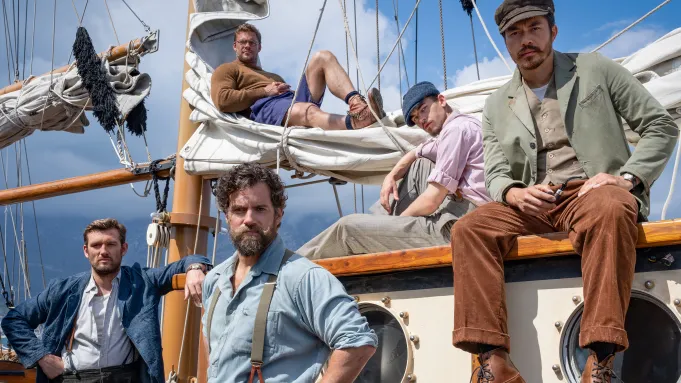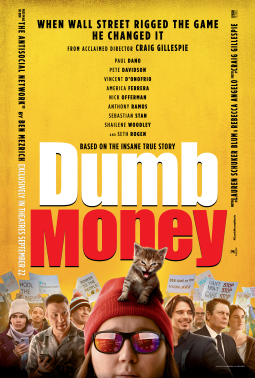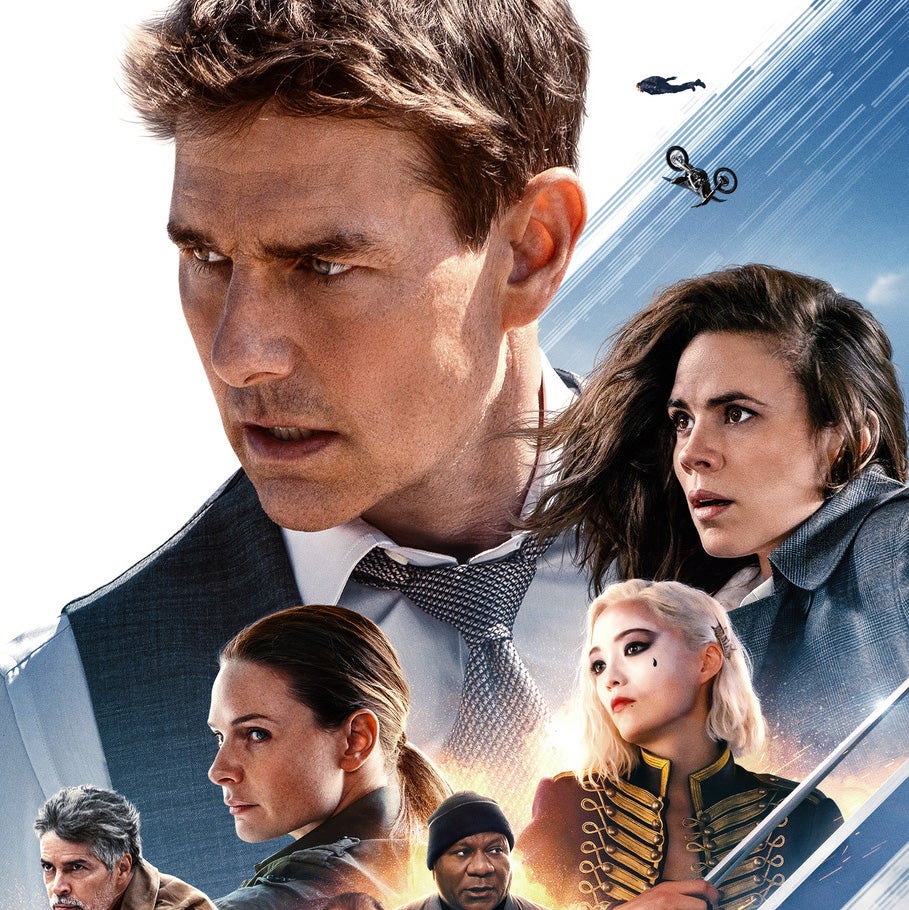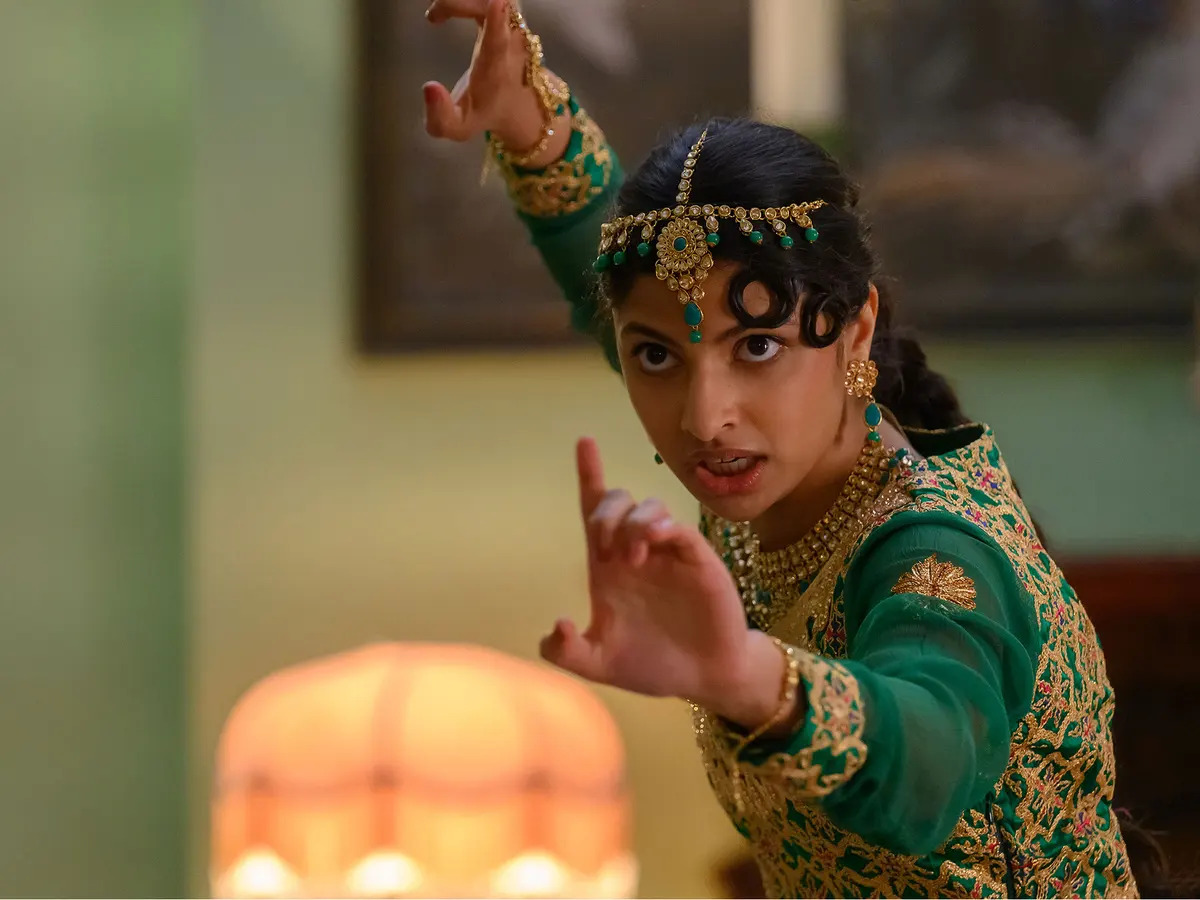Plot: Based on a true story (with a less satisfying conclusion), this is the story of the men who had the courage to stand up to the corrupt longshoreman’s union. The union is controlled by Johnny Friendly (Lee J. Cobb). He and his men decide who will work each day, which means that they get paid off by the men and by the ship-owners who rely on the union to unload their goods. “Everything moves in and out, we take our cut,” Johnny brags. One of Johnny’s top aides is Charley Malloy (Rod Steiger), whose brother Terry (Marlon Brando), a former prize-fighter, is treated almost like a mascot by Johnny. He gives Terry errands to run and makes sure he gets the easiest and most lucrative work assignments. Terry keeps pigeons, on the roof of his apartment building, and is a hero to the local boys.
As the movie begins, Joey Doyle, who dared to speak out about the corruption, is killed by Johnny’s thugs. Terry had unwittingly helped to set Joey up, and he is distressed. “Too much Marquess of Queensberry, it softens him up,” Charley explains, telling Johnny that Terry’s exposure to the rules of fair fighting in boxing have made him idealistic. Joey’s sister Edie (Eva Marie Saint) tells local priest Father Barry (Karl Malden) that he has to get out of the church to help them; “Saints don’t hide in churches.” Father Barry invites the longshoremen to the church, to talk about what is going on. Charley tells Terry to go to the meeting to keep tabs on who is being disloyal. At the meeting, one man explains that “everyone on the dock is D&D–deaf and dumb.” Everyone knows that if he speaks out, or even notices too much, he will not be allowed to work; he may even be killed, as Joey was. Thugs break up the meeting. Terry escapes with Edie. Dugan (Pat Henning) agrees to talk, and Father Berry agrees to support him. But Dugan is killed, too.
Terry and Edie fall in love. Johnny tells Charley to make sure that Terry does not tell the crime commission about his activities, because if he lets Terry tells the truth, everyone will do it, and he’ll be “just another fellow.” At first Charley resists, but Johnny makes it clear that if Charley can’t stop Terry, Johnny will get someone else to take care of him. So Charley finds Terry, and they talk, in the back seat of a cab. Terry tells Charley that he hates being a bum, that Charley should have looked out for him, and not made him take a dive in the boxing ring, a “one-way ticket to palookaville.” Charley lets Terry go, and then Charley is killed by Johnny’s thugs. Terry is overcome with grief, and swears he will get Johnny. Father Berry persuades him that the way to do it is to testify, and Terry does, while Johnny stares at him from across the room.
No one will talk to Terry. The boys who once worshipped him kill all of his pigeons. Down on the dock, at first Johnny wins, putting everyone to work except for Terry. When Terry calls him out, they have a furious battle, as the longshoremen watch. Terry is badly hurt. When Johnny tells them to go back to work, they refuse, saying they are waiting for Terry to lead them to work. Father Berry whispers to Terry that “Johnny’s laying odds you won’t get up.” Father Berry and Edie help him up, and he walks slowly to the dock. Johnny shouts, but everyone ignores him.
Discussion: This movie contrasts two conflicting ways of looking at the world and especially at responsibility. Edie and Father Berry see a world in which people have an obligation to protect and support each other. Johnny sees the world as a place where what matters is taking as much as you can. Terry is somewhere in the middle, with his kindness to the Golden Warriors and his pigeons on one side and his willingness to take what Johnny’s way of life has to offer on the other. Then Joey is killed, and Terry meets Edie.
In part, Terry falls in love not just with Edie, but with the vision of another life that Edie represents. At first, when she asks, “Shouldn’t everybody care about everybody else?” he calls her a “fruitcake” and says that his philosophy of life is “Do it to him before he does it to you…Everybody’s got a racket.” He tells her, “I’d like to help, but there’s nothing I can do.” Like Edie, Terry is inspired to fight back by the death of his brother. When he tells Charley “You should have looked after me,” he is acknowledging the obligation brothers have for each other. He should have looked out for Charley, too.
After Terry testifies, Edie tells him to leave town, asking, “Are they taking chances for you?” Terry tells her that he’s not a bum, and that means he must stay. Fighting Johnny, Terry finds a way out of “palookaville.”
This movie also raises some important issues about the nature of power. At the beginning, Johnny seems very powerful, and power matters more to him than money. But it is clear that the choices he makes to protect that power, more than any action taken by anyone else, are the beginning of the end. As he orders people killed, even Charley, his own close associate, he begins to appear desperate. The men who will kick back a few dollars and stay “D&D” about corruption will not stand for that level of violence and uncertainty.
Questions for Kids:
· Joey’s jacket is worn by three different characters in this movie. What do you think that means?
· Why do you think the director does not let you hear the conversation when Terry tells Edie about his role in Joey’s death?
· Edie admits that she is in love with Terry, but still wants him to leave. Why? What do you think of Edie’s ideas about what makes people “mean and difficult?” Do you think that applies to Johnny?
· How does Johnny get power? How does he lose it?
· If Johnny had not killed Charley, would Terry have testified against him?
Connections: The music is by Leonard Bernstein, composer of “West Side Story” and many others. This movie won eight Oscars, including best picture, best director, best actress, and best screenplay. Steiger, Malden, and Cobb were all nominated as well.






